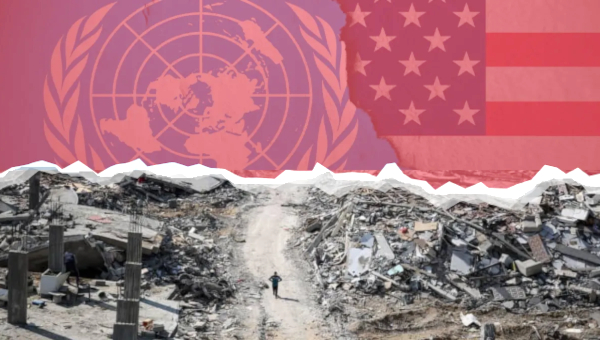 Translation of a lead article of issue number 54 of Khiaban newspaper.
Translation of a lead article of issue number 54 of Khiaban newspaper.You can read all previous issues of Khiaban newspaper here.
Serial Killings: Eleven Years Later
Amir K.
Khiaban #54 / Thursday, Nov. 26, 2009
Eleven years ago, in the month of Azar*, one of the numerous bloody chapters in the history of the Islamic Republic was written. In a short span of time, several writers, intellectuals and political activists were murdered in an organized, pre-planned crime committed by the state. These murders, which were carried out in a horrendous fashion, shocked and traumatized the society. The Intelligence Ministry, in a statement, admitted to the culpability of a group from within the ministry in the killings, and called them a rogue group.
At that time, among the regime's reformist publications, the idea was repeatedly propagated that the real target of the serial killings had been Khatami's government. This claim implicitly meant that the murdered figures themselves did not have any real significance, and other people could have taken their place. In this way, the wrath and rage of the people due to the hideous killings was thus channeled into defending the Khatami government. The supposed relative insignificance of those murdered was also pointed out and emphasized by [the supreme leader] Khamenei. In a speech, he said that he reads and browses all the cultural and literary periodicals in Iran, but that he had never heard the names of the murdered. He stated further that the killings had the goal of muddying up the image of the regime, and the killers were pawns in the hands of foreign powers.
The truth of the matter, however, was that the main targets of the killings were the very murdered people, and not the government that stayed in power for eight years. Daryoosh Foroohar was among a few veteran political figures who still had influence among the nationalists and was living in Iran, and openly talked of the necessity of another revolution in Iran. In perhaps one of his last interviews, in a discussion with a student publication of the Ferdosi University in Mashhad, on the eve of the 1997 presidential elections [that led to Khatami's presidency], Foroohar spoke explicitly of the inability of the regime's structures to be reformed, and stated that only through another revolution can people achieve freedom. By murdering him, the regime could be assured that the elderly well-known political figures from the first provisional [post-revolution] government, would always issue group statements, and in those statements speak of the necessity of step-by-step reforms and reject structurally destructive discourses as something befitting the foreign-residing Iranians.
Mohammad Mokhtari and Mohammad Ja'far Pooyandeh were two prolific leftist writers and translators, whose murders even could not stop the influence of their works in reviving leftist ideas among the young generation. The efforts of these two writers in re-founding the Iranian Writer's Association (Kanoon Nevisandegan Iran) had been observed and taken note of accurately, and the bloody elimination of the left wing of the Association had been an aim of the regime [...] [The murder of] Majid Sharif, Pirooz Davaani and other victims of the serial killings, all pursued particular strategic objectives for the Islamic Republic in its totality, and followed long term goals of the regime.
The point to pay attention to is that many of the personalities, who in ordinary times --when regular citizens are faced with daily lawlessness -- speak not a word of the illegal behavior of the rulers, in times of crisis when the citizens are outraged and want to do something, immediately speak out on the necessity of following the law. At the time when the serial killings had shaken the whole society into a reaction, the necessity of pursuing the killings through the legal channels was proposed. A special commission was set up to investigate and put on trial those responsible for the killings, and it was said that we must let the commission pursue the technical task of the legal investigation. It was clear what the result would be. After eleven years, the elements involved in the killings have not been tried, nor identified. The most famous of the accused, Sa'id Emaami, was suicided and the whole affair was wrapped up.
Today too, when again the crimes of this regime have lost cover and been brought to light, some are speaking of legally pursuing these crimes through lawful channels and judicial commissions. This time, however, it is obvious to the people that commissions composed of members selected by the rulers (read, people's enemies) will shed no light on the truth. The only time we can talk of judicial commissions for legally investigating these crimes is when the investigative judicial commissions have risen from the institutions of people's power. Such legal investigations are meaningful only when the institutions of people's movement are able to elect members of commissions of jurists and legal experts, and only then will investigations lead to the identification and arrest of those who gave the orders and who committed these recent crimes.
[*Approximately, last week of November through first three weeks of December]







1 comment:
Despite his current hypocrisy, Rafsanjani was widely rumoured to have been involved in these horrific killings. Does the flowerpot society have any clear information on this?
Post a Comment